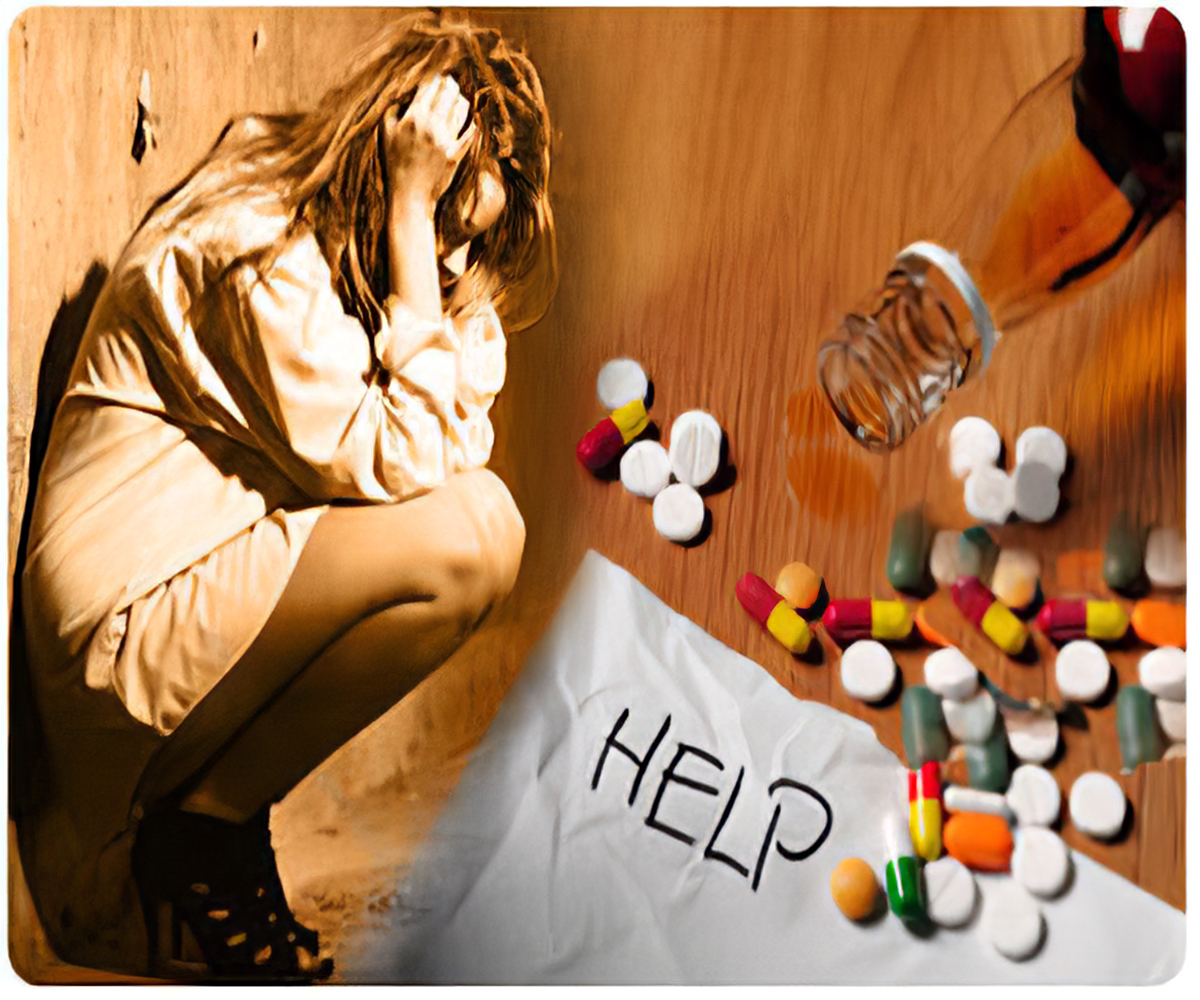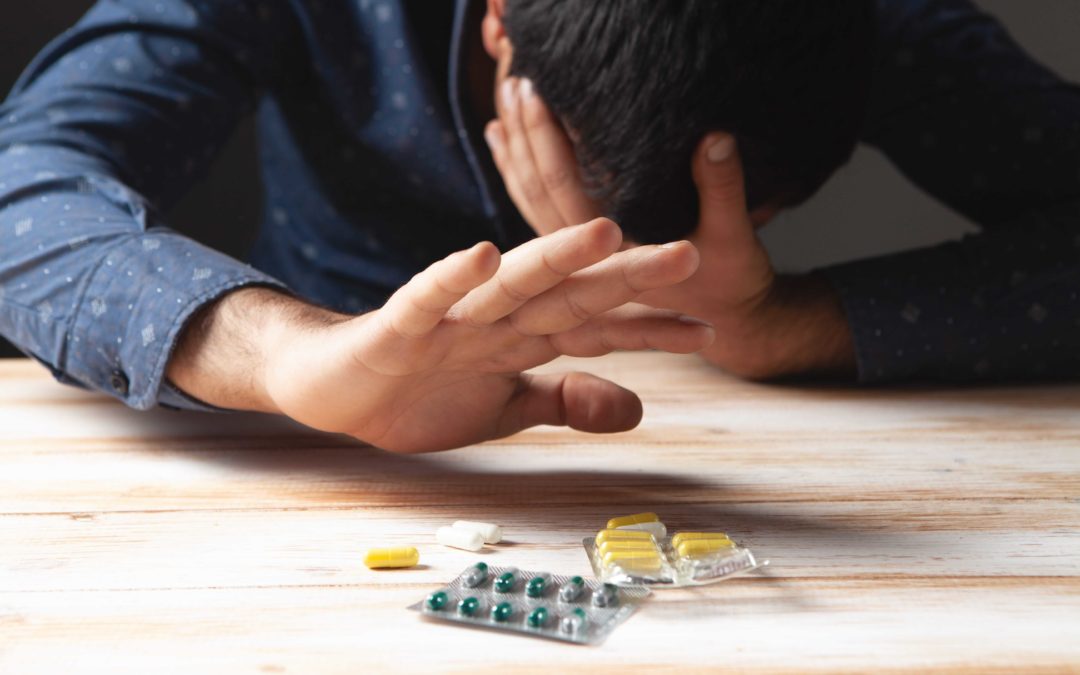Symptoms Of Alcohol And Drug Abuse Withdrawal: How Medical Detoxification May Aid
Uncategorized December 21, 2022, Comments Off
The idea of quitting can be overwhelming when you are struggling with a substance use disorder. Those who are unsure about dealing with withdrawal symptoms on their own can benefit from a medically supervised detox. Detoxing on your own can be uncomfortable, painful, or even life-threatening, depending on the substance and the individual. This is why it’s so important to think about how bad your situation is and whether you need a supervised detox.
Symptoms of Withdrawal Depending on the Drug
Because the severity and nature of withdrawal symptoms can be affected by a variety of factors, they may differ significantly from person to person. However, depending on the substance, there are common withdrawal symptoms. In a clean and safe setting, a medically supervised detox can help a person manage these issues.
Alcohol Withdrawal
It occurs when a person suddenly stops drinking after drinking a lot of alcohol for a long time. Because of liquor’s depressant impact, the mind of an individual dependent on liquor is quite often presented to this depressant impact. Naturally stimulating chemicals like serotonin, for example, are produced in greater quantities than usual as the brain adjusts its chemistry to compensate. Even when alcohol is stopped suddenly, the brain’s chemistry continues to produce too many stimulating chemicals, even though the depressant effect is gone. The brain is like an accelerating vehicle without brakes because it takes time for the chemistry to adjust. Alcohol withdrawal symptoms result from the brain’s continued overstimulation.
Withdrawal Symptoms.
Tremors : They can begin anywhere from six to ten hours after the last drink of alcohol. These initial symptoms can include tremors, sweating, nausea, vomiting, anxiety, irritability, and insomnia in addition to the tremors.
Hallucinations: Having hallucinations, in which you see or feel things that are not real, is another symptom.
Seizures: Seizures are a severe withdrawal symptom and can occur as soon as the last drink is consumed.
Delirium Tremens: Delirium tremens is a serious side effect of alcohol withdrawal that can last anywhere from two to four days after the last drink. The symptoms of delirium tremens include confusion, disorientation, irrational beliefs, nervous or agitated behavior, disturbed sleep, hallucinations, and loss of consciousness. Delirium tremens can also temporarily reduce the amount of blood flow to the brain. Additionally, it may cause an increase in blood pressure, heart rate, and breathing rate. Delirium Tremens (DT) is experienced by approximately 5% of patients going through alcohol withdrawal, as stated in “Complications of Alcohol Withdrawal.”
Benzodiazepines (Benzos): Many mental illnesses and sleep disorders can be treated with benzodiazepines. However, the drug’s effect on brain chemistry may result in addiction or dependence. The brain may eventually become accustomed to its constant presence and require the drug to function “normally” over time. A series of withdrawal symptoms may begin if a dependent or addicted person abruptly stops taking it.
Opioids
Some people may enjoy the sedative, euphoric, and pain-relieving effects of opioids. Nonetheless, these medications can rapidly change mind science, making them habit-forming. To get the same effect, a person must take more as their tolerance increases. Codeine, fentanyl, heroin, and morphine are examples of opioids.
Symptoms of withdrawal: dilated pupils, goosebumps, yawning, high blood pressure, muscle aches, rapid heart rate, restlessness, insomnia, and a runny nose are all symptoms of anxiety.
Stimulants
Like Adderall, cocaine, and methamphetamine, stimulants affect the body’s central nervous system and increase brain activity. When a person who is addicted to stimulants stops using them, they may experience withdrawal symptoms because their brain has to learn how to work again without the drug. Both physical and mental withdrawal symptoms, ranging from mild to severe, are possible.
Symptoms of withdrawal: Depression, fatigue, anxiety, an increased appetite, irritability, insomnia, panic attacks, slowed thinking, bad dreams, and thoughts of suicide.

If you’re trying to detox, getting professional help can help you avoid relapse or any life-threatening situations, even though symptoms can vary greatly depending on many different factors. With clinical staff taking care of the patient and on backup to regulate medication if necessary, a restoratively directed detox is bound to find true success than if you endeavor it
single-handedly. It can also provide those who want to stop using one or more substances with a clean, secure environment in which to begin their recovery journey.
Wrapping Up
Deciding to cleanse the body of the addictive substance, whether it be alcohol or drugs, is an essential first step in recovering from a substance use disorder. However, due to the fact that the withdrawal symptoms can range from painful to life-threatening, this may be an intimidating prospect for those attempting a detox. Consider talking to a medical professional about a medically supervised detox and assess the severity of your or your loved one’s situation. Those who are unsure whether they can handle the withdrawal symptoms from alcohol or drugs on their own can benefit from supervised drug and alcohol detox. It may save a life by providing a clean and secure setting in which to begin healing. Reach out to us if you or a loved one are struggling with a substance use disorder or are worried about detoxing on your own.